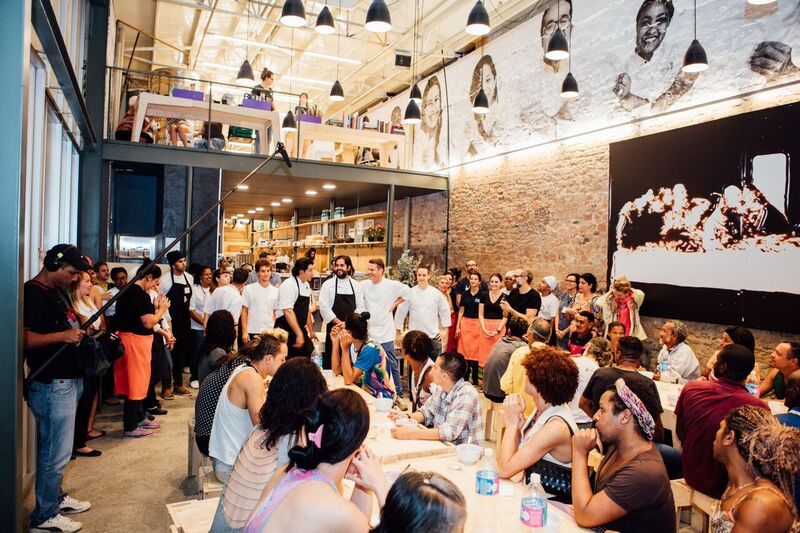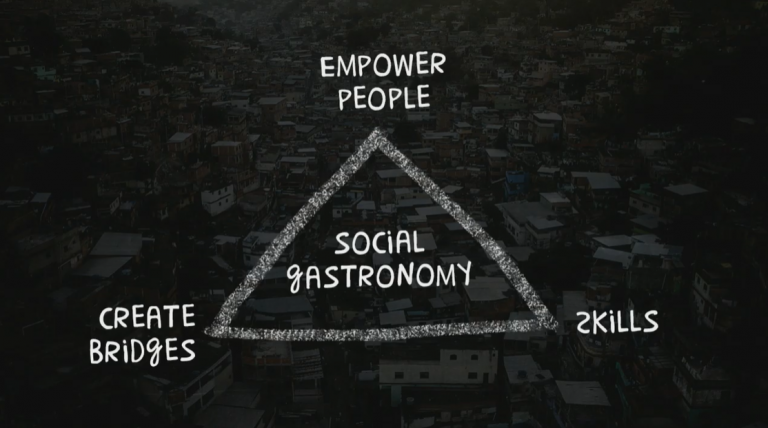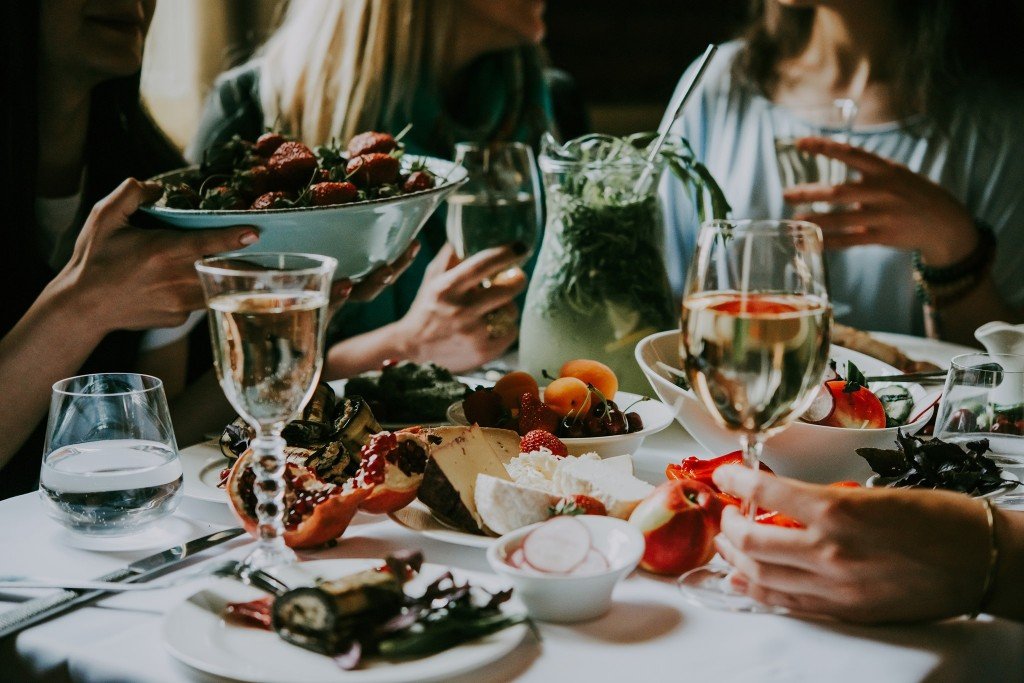Food is a concept that is understood universally in the whole world. People connect over it, and there is no day we can go by without a meal, too. Since it takes up so large portion of our lives, it is inevitable that food can also be a great catalyst, or prism through which impact in society can be achieved. Which is why in this article we will take a look at the concept of social gastronomy.
What is social gastronomy?
The term was first widely presented by David Hertz. First, he decided to tackle societal injustice in his own surroundings by launching his business, Gastromotiva, which offers vocational kitchen training and runs programs in nutrition, food education and business incubation for people from low-income communities like those in the favelas. After some time with the help of international investors he launched launched the Social Gastronomy Movement: a global effort to tackle social issues through food.
In the basis of this movement, his understanding of societal impact is evident. And to explain one of the ways to create impact through food, here are a few principles he mentions as crucial (republished from this article).
We can use food to create a more inclusive society.
Food touches on every aspect of human life: the environment, agriculture, our economy, health, even our social lives. Social gastronomy “uses food to turn social inequalities — such as hunger, poor nutrition, unemployment, inequality — into dignity, opportunities and well-being,” says Hertz. But what does this look like in practice?
A culinary education can bring opportunity — and dignity.
David Hertz experienced how much empowerment culinary education can bring, and it goes beyond mastery of knife skills. “Social inclusion requires education, because education leads to job opportunities, which can help you provide for your family, but it also means you’re known by society, you’re recognized as a citizen,” he says.
Food can build empathy and community.
During the 2016 Summer Olympic Games in Rio de Janeiro, Hertz partnered with Michelin-starred Italian chef Massimo Bottura to open Refettorio Gastromotiva, a pop-up community kitchen that turned leftovers from the Olympic village into world-class meals for Brazil’s homeless people. Not only did Refettorio reduce food waste, the space also gathered an amazing community of athletes, tourists and journalists who mingled with the local customers — a rare thing during an Olympics, which can often exclude local marginalized people.
“We were born to be afraid of the homeless, because we don’t know anything else,” Hertz says. “But after you serve, and you talk to people and you look into their eyes, it changes, because you see that you are not better than them. In the end, I can say that 99 percent of the people that come as volunteers, they always say that they got more than what they gave.”
What now?
The example of David is just one of the ways how food, impact on society and social entrepreneurship can come together to make the lives of everyone better. There are many more famous chefs and entrepreneurs working in the field! Among others, check Soul For Food by Massimo Bottura or World Central Kitchen by Jose Andrés if you are interested in seeing the potential business models. But the good thing is – we all have a possibility to change our habits and make our own individual change through food. Talk to neighbors and share the leftover meals to reduce the food waste! Or cook up a recipe from IKEA scrapsbook. Surely, you will find other ways to contribute by a simple Google search. But meanwhile take a look at the inspiring story of David Hertz in his TEDtalk (below).
[embedyt] https://www.youtube.com/watch?v=ZiUW59ZTeg8[/embedyt]
This publication has been prepared within SENBS project No. 2020- 1-EE01-KA204-077999. The content of this publication is the sole responsibility of the project coordinator and may not always reflect the views of the European Commission or the National Agency.


















Enjoyed every bit of your post. Awesome.
very interesting details you have mentioned, appreciate it for putting up.
Sweet web site, super style and design, real clean and use pleasant.
Very clear web site, appreciate it for this post.